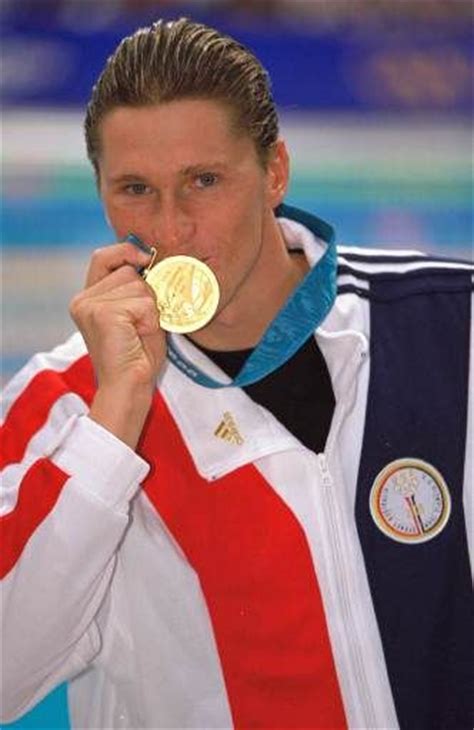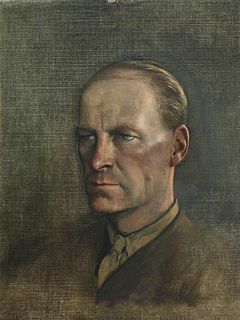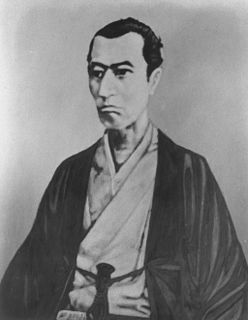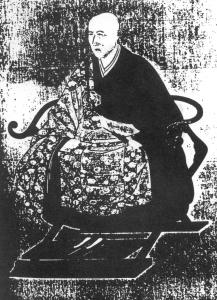A Quote by Lenny Krayzelburg
Related Quotes
There is a strange fact about the human mind, a fact that differentiates the mind sharply from the body. The body is limited in ways that the mind is not. One sign of this is that the body does not continue indefinitely to grow in strength and develop in skill and grace. By the time most people are thirty years old, their bodies are as good as they will ever be; in fact, many persons' bodies have begun to deteriorate by that time. But there is no limit to the amount of growth and development that the mind can sustain. The mind does not stop growing at any particular age.
The mind commands the body and is instantly obeyed. The mind commands itself and meets resistance. The mind commands the hand to move, and it so easy that one hardly distinguishes the order from its execution. Yet mind is mind and hand is body. The mind orders the mind to will. The recipient of the order is itself, yet it does not perform it.
Contemporary philosophers have exercised themselves with the problem of our knowledge of other minds. Enmeshed in the dogma of the ghost in the machine, they have found it impossible to discover any logically satisfactory evidence warranting one person in believing that there exist minds other than his own. I can witness what your body does, but I cannot witness what your mind does, and my pretensions to infer from what your body does to what your mind does all collapse, since the premises for such inferences are either inadequate or unknowable.
By means of personal experimentation and observation, we can discover certain simple and universal truths. The mind moves the body, and the body follows the mind. Logically then, negative thought patterns harm not only the mind but also the body. What we actually do builds up to affect the subconscious mind and in turn affects the conscious mind and all reactions.
Nakamura Tempu Sensei viewed the mind as a segment of the body that could not be seen and the body as the element of the mind that was observable. He also likened the mind and body to a stream, with the mind as the source flowing down to the body. Whatever we drop in the stream will be carried down by the current. In like manner, our thoughts will influence the body and our well being.
When a person does not think, "Where shall I put it?" the mind will extend throughout the entire body and move to any place at all. . . . The effort not to stop the mind in just one place - this is discipline. Not stopping the mind is object and essence. Put it nowhere and it will be everywhere. Even in moving the mind outside the body, if it is sent in one direction, it will be lacking in nine others. If the mind is not restricted to just one direction, it will be in all ten.
The bourgeois treasures nothing more highly than the self.... And so at the cost of intensity he achieves his own preservation andsecurity. His harvest is a quiet mind which he prefers to being possessed by God, as he prefers comfort to pleasure, convenience to liberty, and a pleasant temperature to that deathly inner consuming fire.




































